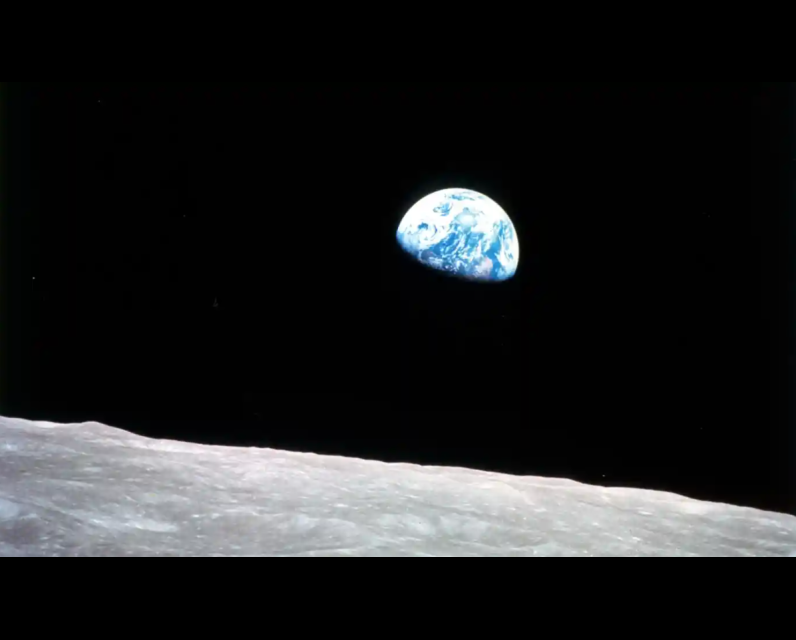Warning message
- Last import of users from Drupal Production environment ran more than 7 days ago. Import users by accessing /admin/config/live-importer/drupal-run
- Last import of nodes from Drupal Production environment ran more than 7 days ago. Import nodes by accessing /admin/config/live-importer/drupal-run
Unpublished Opinions
Unpublished.ca is a web portal on politics and current affairs in Canada. It provides the opportunity for Canadians to dig deeper into the issues affecting them, and to weigh-in on these issues in a persuasive and respectful way. Join the movement and have your say today!
Underestimating the Challenges of Avoiding a Ghastly Future

Published in: Frontiers in Conservation Science
Corey J. A. Bradshaw et al., “Underestimating the Challenges of Avoiding a Ghastly Future,” Frontiers in Conservation Science 1 (2021): 9, https://doi.org/10.3389/fcosc.2020.615419.
We report three major and confronting environmental issues that have received little attention and require urgent action. First, we review the evidence that future environmental conditions will be far more dangerous than currently believed. The scale of the threats to the biosphere and all its lifeforms—including humanity—is in fact so great that it is difficult to grasp for even well-informed experts. Second, we ask what political or economic system, or leadership, is prepared to handle the predicted disasters, or even capable of such action. Third, this dire situation places an extraordinary responsibility on scientists to speak out candidly and accurately when engaging with government, business, and the public. We especially draw attention to the lack of appreciation of the enormous challenges to creating a sustainable future. The added stresses to human health, wealth, and well-being will perversely diminish our political capacity to mitigate the erosion of ecosystem services on which society depends. The science underlying these issues is strong, but awareness is weak. Without fully appreciating and broadcasting the scale of the problems and the enormity of the solutions required, society will fail to achieve even modest sustainability goals.
Humanity is causing a rapid loss of biodiversity and, with it, Earth's ability to support complex life. But the mainstream is having difficulty grasping the magnitude of this loss, despite the steady erosion of the fabric of human civilization (Ceballos et al., 2015; IPBES, 2019; Convention on Biological Diversity, 2020; WWF, 2020). While suggested solutions abound (Díaz et al., 2019), the current scale of their implementation does not match the relentless progression of biodiversity loss (Cumming et al., 2006) and other existential threats tied to the continuous expansion of the human enterprise (Rees, 2020). Time delays between ecological deterioration and socio-economic penalties, as with climate disruption for example (IPCC, 2014), impede recognition of the magnitude of the challenge and timely counteraction needed. In addition, disciplinary specialization and insularity encourage unfamiliarity with the complex adaptive systems (Levin, 1999) in which problems and their potential solutions are embedded (Selby, 2006; Brand and Karvonen, 2007). Widespread ignorance of human behavior (Van Bavel et al., 2020) and the incremental nature of socio-political processes that plan and implement solutions further delay effective action (Shanley and López, 2009; King, 2016).
We [outline] the state of the natural world in stark form here to help clarify the gravity of the human predicament. We also outline likely future trends in biodiversity decline (Díaz et al., 2019), climate disruption (Ripple et al., 2020), and human consumption and population growth to demonstrate the near certainty that these problems will worsen over the coming decades, with negative impacts for centuries to come. Finally, we discuss the ineffectiveness of current and planned actions that are attempting to address the ominous erosion of Earth's life-support system. Ours is not a call to surrender—we aim to provide leaders with a realistic “cold shower” of the state of the planet that is essential for planning to avoid a ghastly future.
[Summarized are the] predictions of a ghastly future of mass extinction, declining health, and climate-disruption upheavals (including looming massive migrations) and resource conflicts this century. Yet, our goal is not to present a fatalist perspective, because there are many examples of successful interventions to prevent extinctions, restore ecosystems, and encourage more sustainable economic activity at both local and regional scales. Instead, we contend that only a realistic appreciation of the colossal challenges facing the international community might allow it to chart a less-ravaged future. While there have been more recent calls for the scientific community in particular to be more vocal about their warnings to humanity (Ripple et al., 2017; Cavicchioli et al., 2019; Gardner and Wordley, 2019), these have been insufficiently foreboding to match the scale of the crisis. Given the existence of a human “optimism bias” that triggers some to underestimate the severity of a crisis and ignore expert warnings, a good communication strategy must ideally undercut this bias without inducing disproportionate feelings of fear and despair (Pyke, 2017; Van Bavel et al., 2020). It is therefore incumbent on experts in any discipline that deals with the future of the biosphere and human well-being to eschew reticence, avoid sugar-coating the overwhelming challenges ahead and “tell it like it is.” Anything else is misleading at best, or negligent and potentially lethal for the human enterprise at worst.



Comments
Be the first to comment